Keywords: Andre
There are more than 200 results, only the first 200 are displayed here.
-
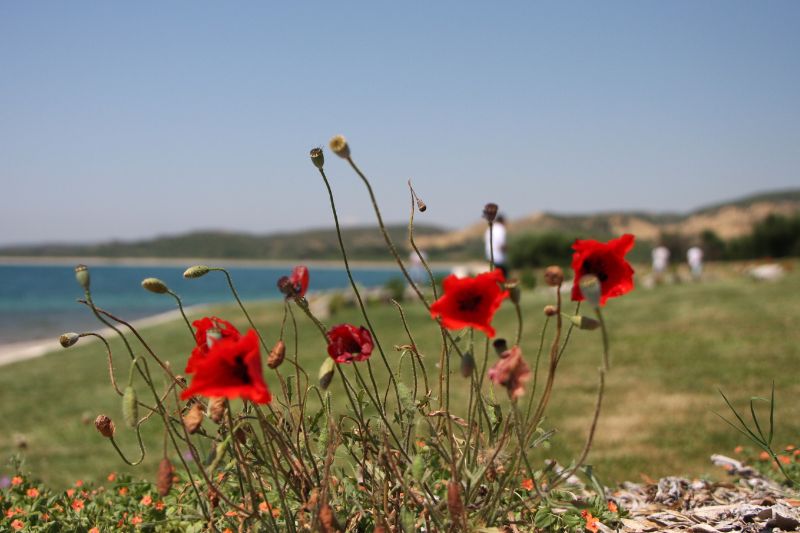
AUSTRALIA
- Andrew Hamilton
- 16 April 2024
Anzac Day draws us away from the geopolitical chess board to consider the price that so many persons have paid for the wars in which their leaders join. It reminds us of the need for diplomacy based on respect for the humanity of persons on all sides of conflict.
READ MORE
-
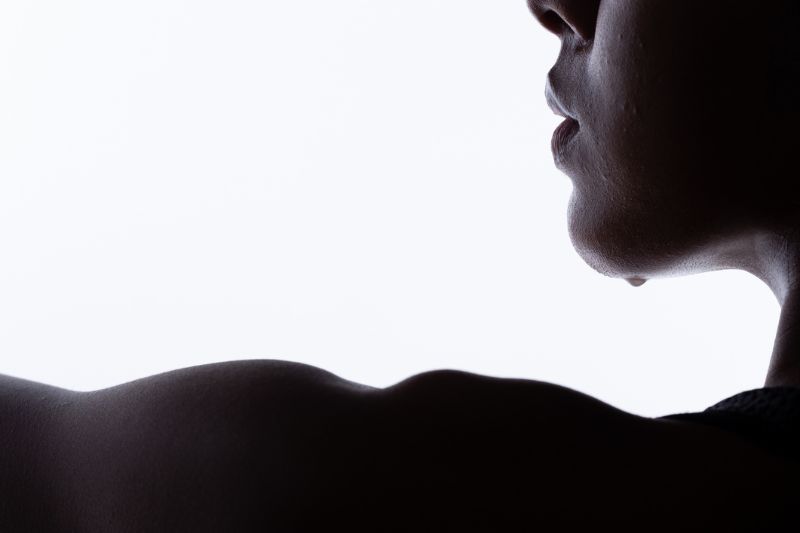
ARTS AND CULTURE
- Nathan Scolaro
- 11 April 2024
Can a chatbot write a poem? The answer reveals something about the heart of human interaction. True connection, like true poetry, requires discomfort, vulnerability and a richness of experience that defies the simplicity of algorithms.
READ MORE
-
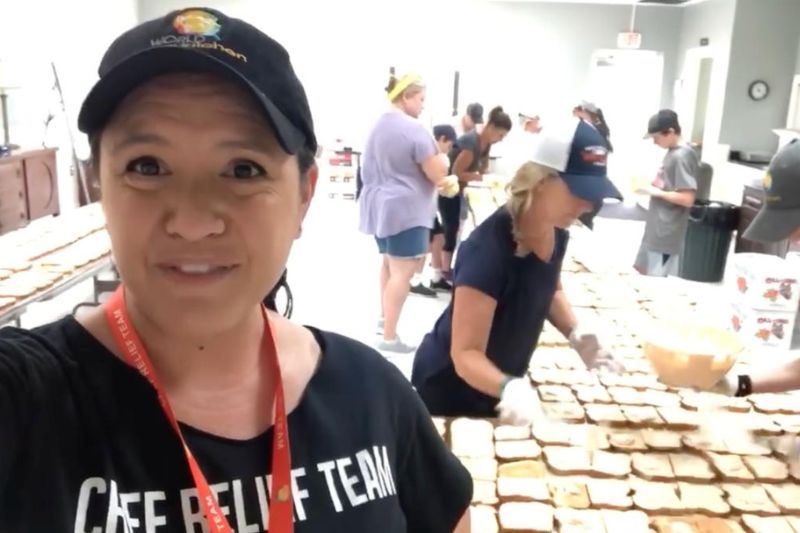
INTERNATIONAL
- Andrew Hamilton
- 10 April 2024
Our attitudes to war change drastically when it becomes personal. The killing of Zomi Frankcom, together with other members of the Charity organisation World Central Kitchen, made the war between Israel and Hamas personal. It has led many people to see the destruction of Gaza and its people as not only regrettable but intolerable.
READ MORE
-
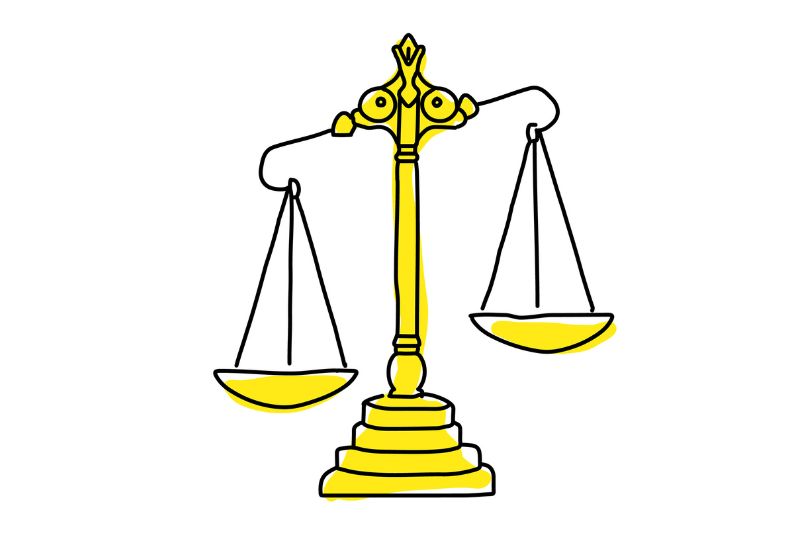
AUSTRALIA
- Andrew Hamilton
- 04 April 2024
This week, the Federal Government quickly introduced a new policy in response to a recent High Court decision that prevents them from indefinitely detaining a small number of individuals they wish to remove from Australia.
READ MORE
-
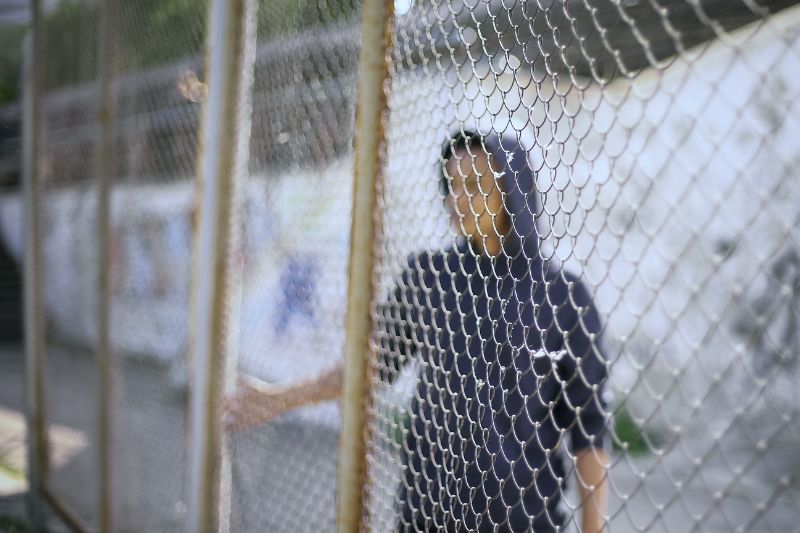
AUSTRALIA
- Andrew Hamilton
- 28 March 2024
As a response to a wave of youth crime, some State Governments and Federal politicians have committed to policies that neglect the human reality of the young people concerned. This will likely have negative consequences both for those immediately affected and for society at large.
READ MORE
-

AUSTRALIA
- Andrew Hamilton
- 27 March 2024
Love is a much-used word, and, like domestic cutlery, it tends to lose its shine. Its boundaries then shrink to the average rather than to the inspiring. For that reason we need stories that stretch the ceiling of love beyond anything we could imagine. Not because we think that we could reach such far places, but because it enlarges the horizon of our lives.
READ MORE
-
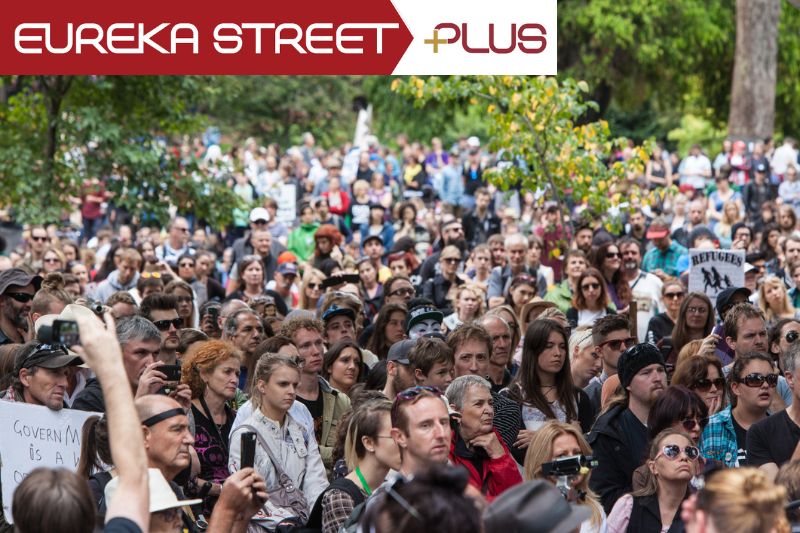
RELIGION
- Andrew Hamilton
- 27 March 2024
Palm Sunday stands at the intersection of the world of justice and goodness and the brutal political realities in human societies. It mocks the pretensions of power that considers only the expediency of actions and not the human reality of the people affected by them. At that intersection today, refugees lie in the centre.
READ MORE 
-
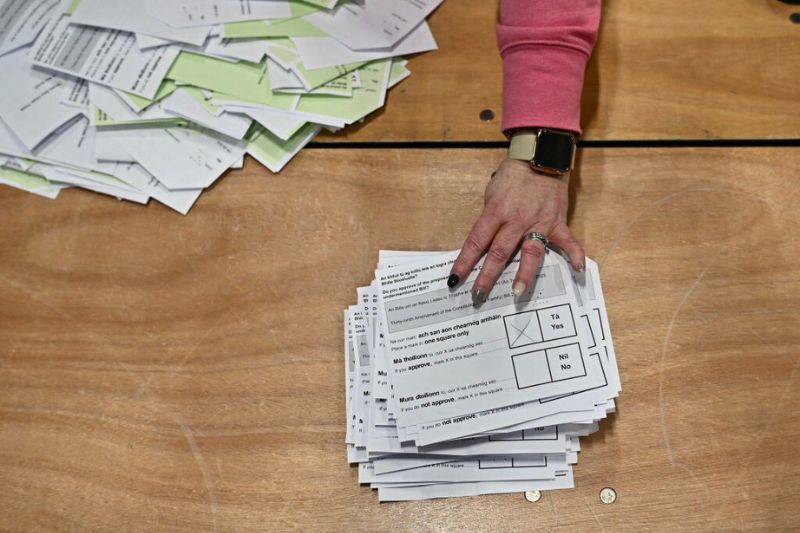
INTERNATIONAL
- Andrew Hamilton
- 21 March 2024
Much like Australia's recent Indigenous Voice Referendum, the recent Irish referendum sought to change constitutional perspectives on family and marriage met with overwhelming defeat. What does this reveal about the relationship between public sentiment and the process of enacting constitutional changes?
READ MORE
-

AUSTRALIA
- Andrew Hamilton
- 19 March 2024
Recognition is not simply an acceptance of facts. It involves also entering the experience of the people affected. Reconciliation must begin with truth telling, flow into empathy, and be followed by a conversation aimed at building decent relationships.
READ MORE
-
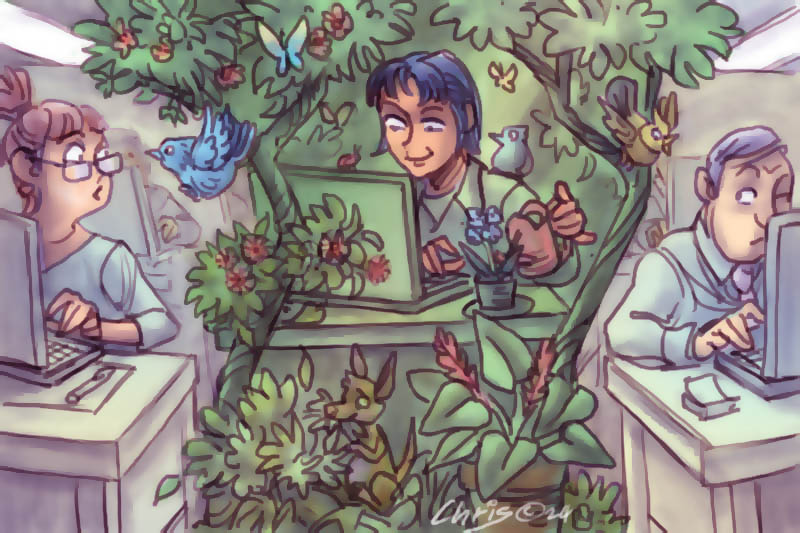
AUSTRALIA
- Andreana Reale
- 18 March 2024
In today's 24/7 Grind Culture, rest has become rare. Rebuilding a healthy culture of rest will involve supporting workers with decent wages, campaigning against companies that exploit employees, and investigating supply chains that use slavery and exploited labour to produce their products.
READ MORE
-

MEDIA
- Andrew Hamilton
- 14 March 2024
Journalists have an important place in society, and that place changes as society changes. In recent weeks, two separate legal investigations suggest that journalists understand their role to be actors in the story and not simply reporters of it.
READ MORE
-

AUSTRALIA
- Andrew Hamilton
- 13 March 2024
In the face of developments where the commons are intruded upon for private profit and economic efficiency, we need to treasure such unfashionable concepts as the commonwealth, the common good and the houses of commons – the places for deliberation and decision where what is in the common interest is given priority over the benefit of the few.
READ MORE